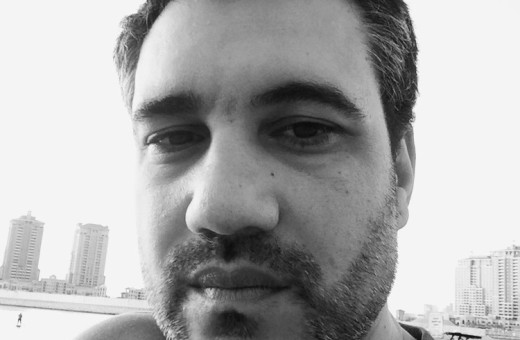1 The work I created as a part of my master’s degree at the VCUQ was greatly inspired by the lecture series and Fiona Raby’s “Crossing Boundaries” workshop and later on by lectures held by Bruce Sterling, which only whetted my appetite for the research of design borderlines. As a child of parents from two different countries, I was in fact exposed to hybrids my entire life without even knowing it, be it through food, language or customs, which is why I probably felt a natural attraction to such concepts.
2 I feel that the role of speculative design is important because it opens an interesting space between the real and the impossible, allowing us a glimpse of the future before it even happens. It offers solutions that we are less and less capable of conceptualizing, as our creative potential is limited by various dictates of politics and the society, and by parameters such as the budget, technological feasibility, etc. It is this jump into fiction that opens space for totally new possibilities and a safe zone in which we are free to experiment and generate new ideas, discussions and debates.
As far as my project is concerned, the ideas that I wanted to communicate are potentially politically sensitive, which is why, by using (design) fiction and by placing the story in the future, I have created a hypothetical scenario that allowed me to draw parallels with the present. For me, the most intriguing moment in the project is the one that actually occurred by accident: the story is, in fact, our potential future, but we read it from the perspective of someone’s past, and we depend on someone’s interpretation of the past. The hybrid objects I designed have almost become tactile footnotes to the narrative (the so-called diegetic prototypes) – functional in some fictive world, but still sufficiently recognisable for us to identify with them on a personal level.
3 It seems to me that the potential for this lies in the possibility to theoretically predict events and influence them, for instance, to avoid undesirable scenarios. I am not certain to what extent this can be done with this discipline alone, but if it were part of a larger project that would utilize it in a consulting capacity – maybe it is.

